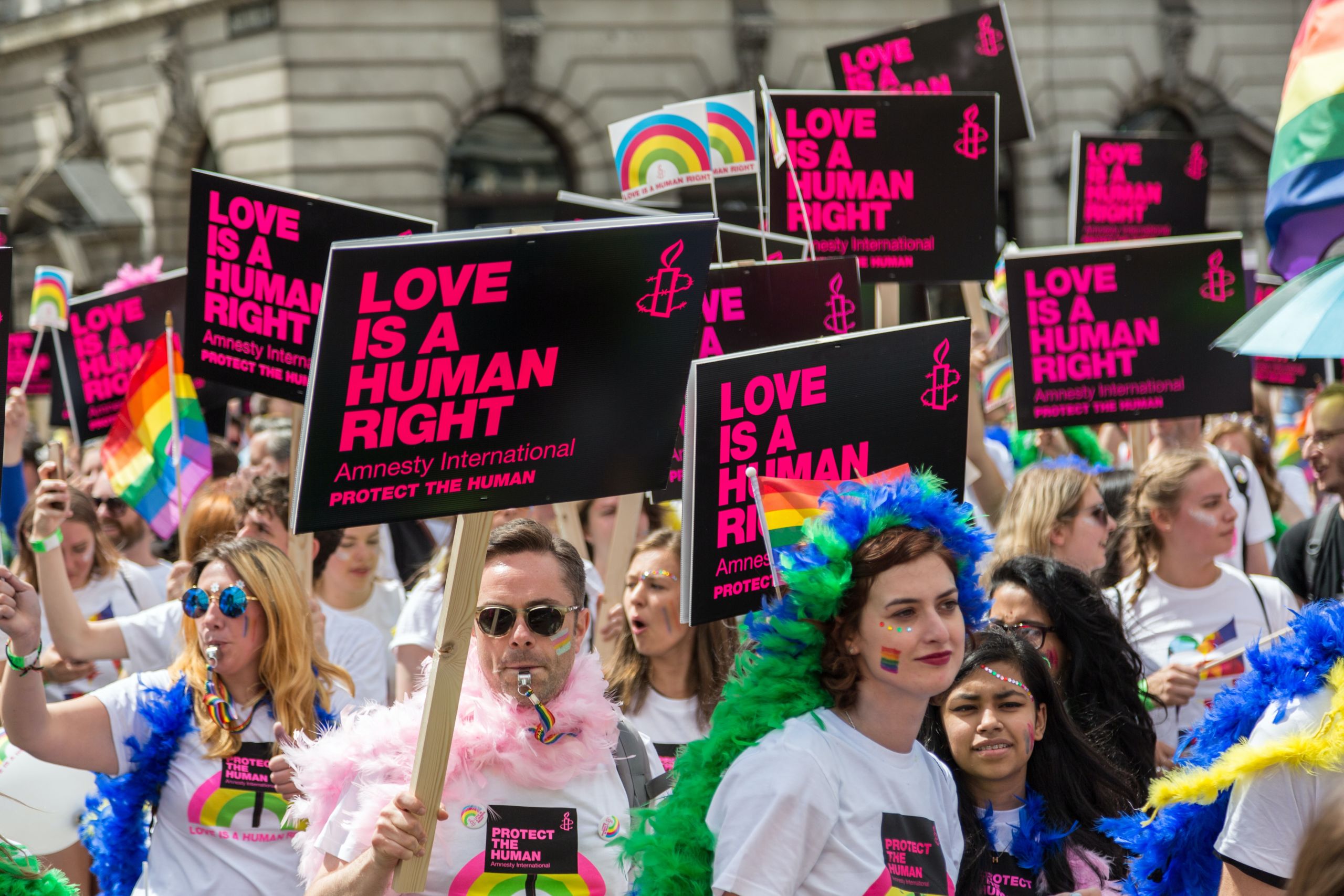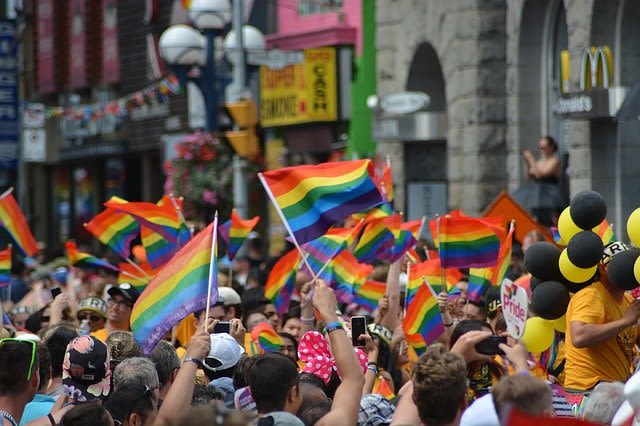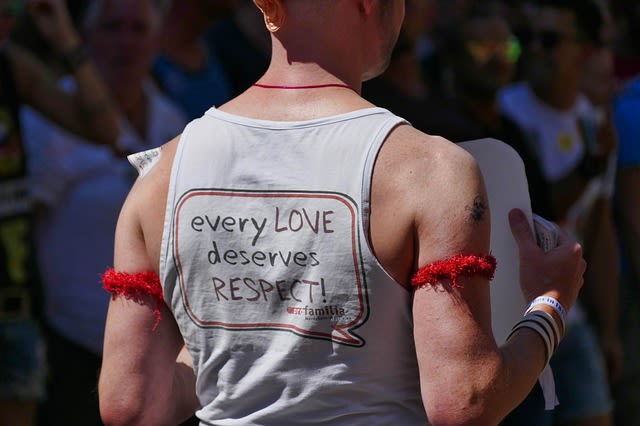GAY Conversion Therapy Remains Legal in the UK
The Ban Conversion Therapy Movement is calling on the UK government to implement a full legislative ban.
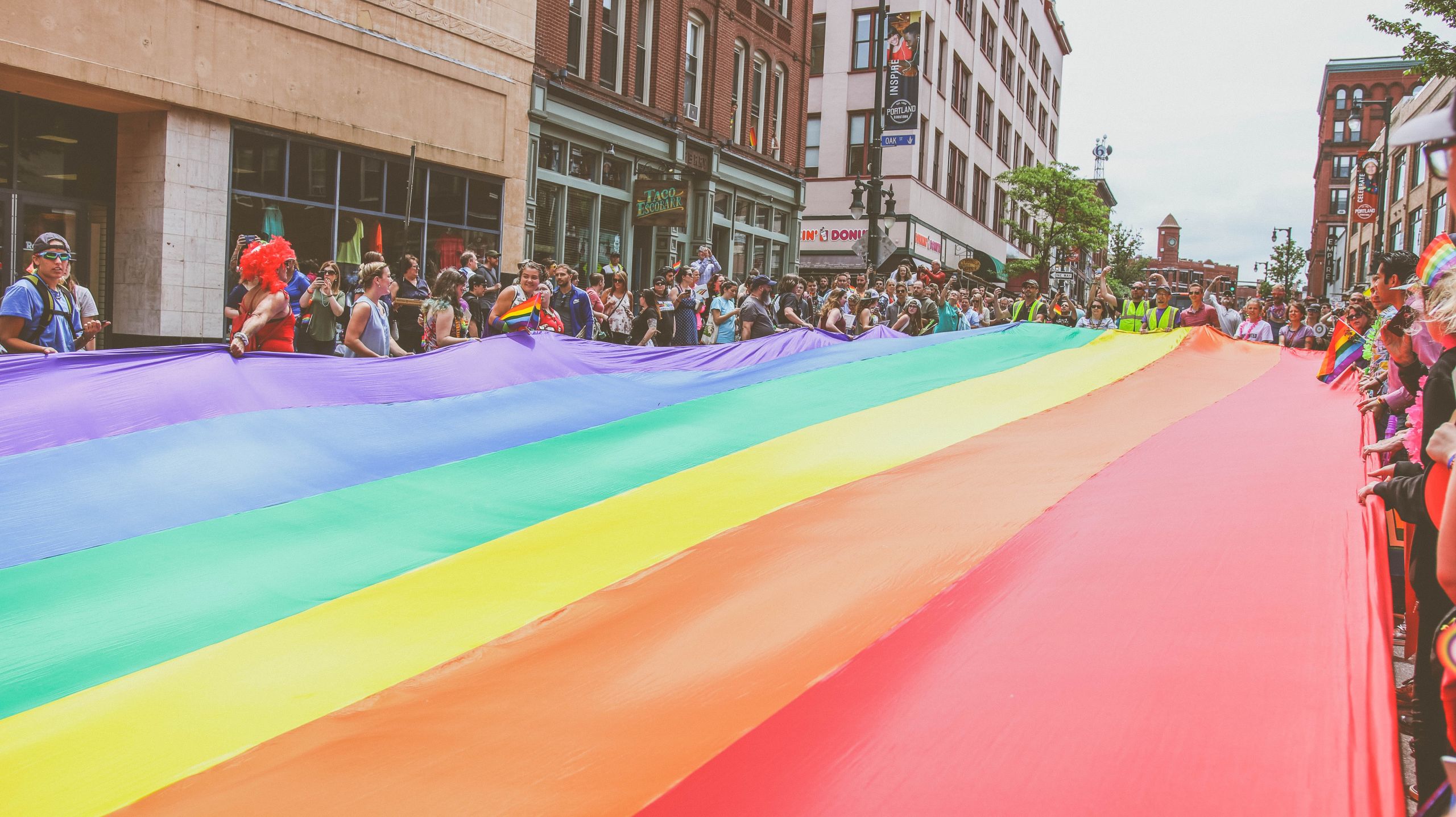
With widespread calls to ban gay conversion therapy, one MP has described the practice as 'torture'.
Bell Ribeiro-Addy, the MP for Streatham said: "LGBTQ+ conversion therapy is misnamed. It would be more accurately described as the torture of LGBTQ+ people."
A history of the decriminalisation of homosexuality in the UK
Homosexuality was first decriminalised in 1967, with the Sexual Offences Act 1967, which legalised consensual relations between two men over the age of 21.
In 1990, the World Health Organisation removed homosexuality from the international classification of diseases, marking a step towards homosexuality not being seen as a thing to be 'cured'.
This 2018 survey shows the life satisfaction of 91,730 cisgendered people in the LGBTQ+ community, that is, those whose gender is the same as when they were assigned at birth. An average of 6.88 out of 10 for gays and lesbians living in the UK does not imply a desire for their sexuality to be changed.
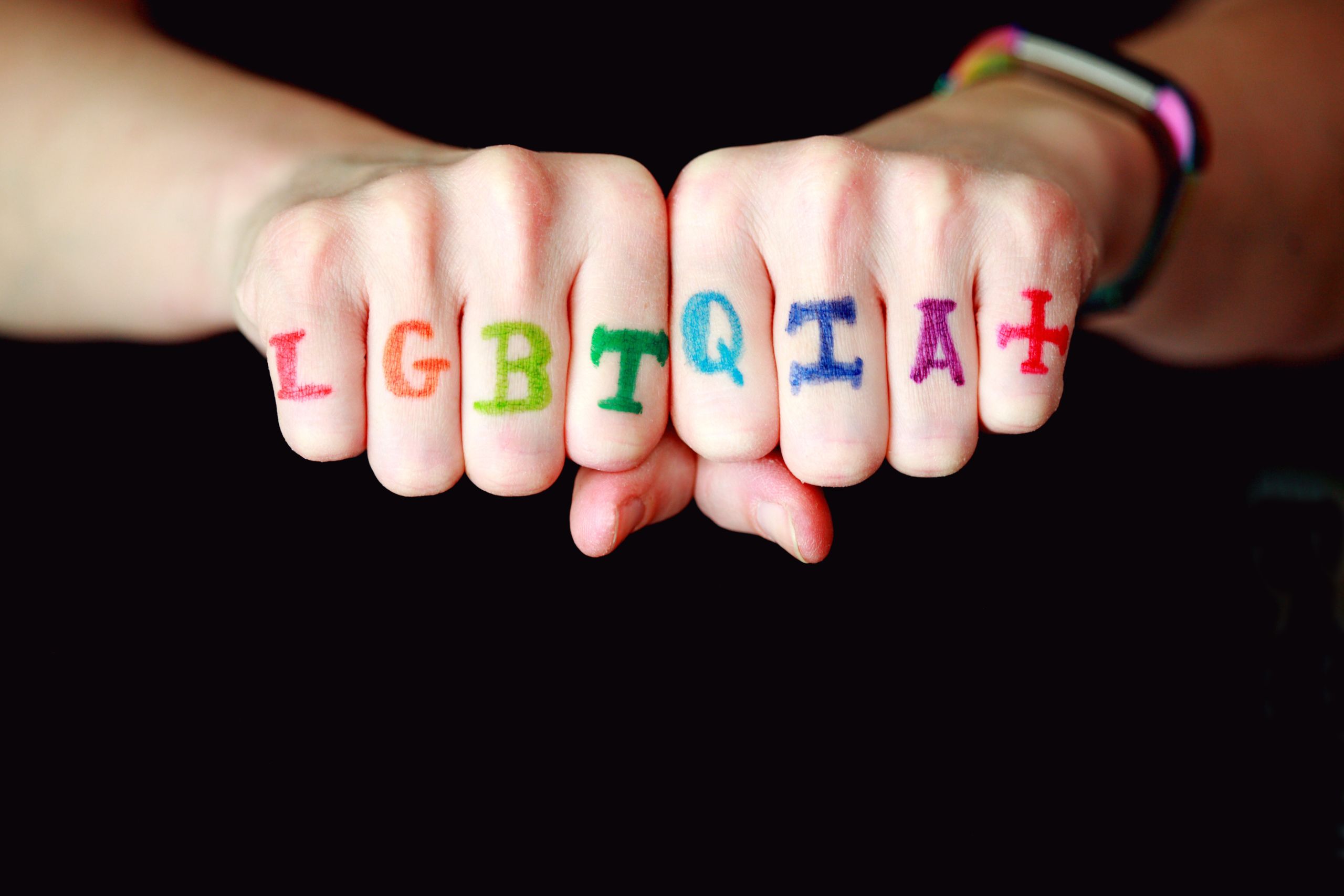
Photo by Sharon McCutcheon on Unsplash
Photo by Sharon McCutcheon on Unsplash
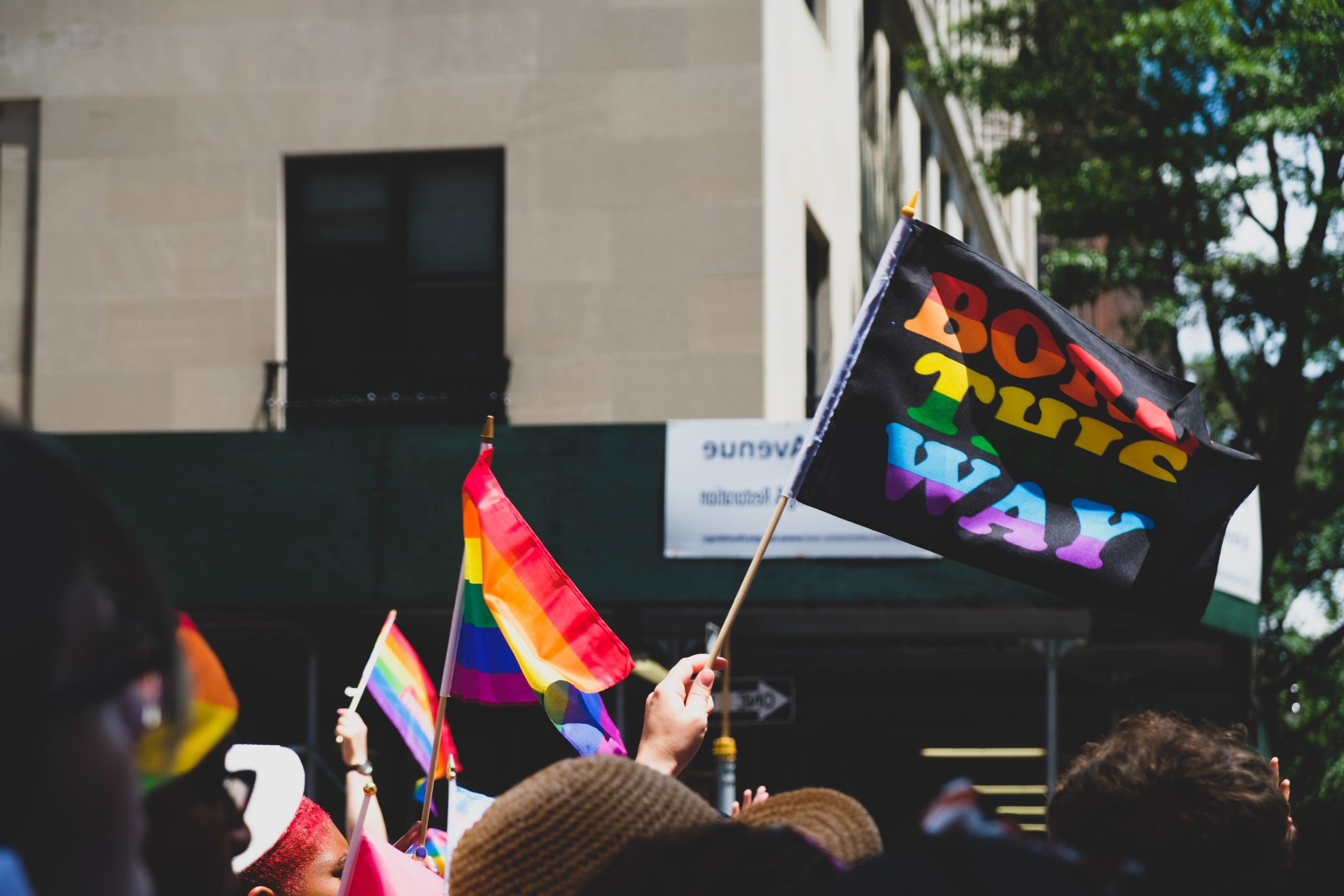
Photo by Bruno Aguirre on Unsplash
Photo by Bruno Aguirre on Unsplash
Ban Conversion Therapy Movement
Conversion therapy remains legal in the UK, despite it being 54 years since homosexuality was decriminalised. The Conservative government committed to banning conversion therapy in 2018, but that remains to be achieved.
The Ban Conversion Therapy (BCT) movement was created in July 2020, and now has 2,660 followers on Twitter and 20.6k followers on Instagram.
2.3% of all the gay and lesbian respondents admitted to having had gay conversion therapy, which equates to 2,101 people, and a further 5.3% were offered it, equating to 4,842 people.
Therefore, a total of 6,943 gays and lesbians have been offered conversion therapy as a means to 'cure' their sexuality, accounting for 7.6% of all gays and lesbians who responded.
Rebecca, Fran, and Liam are three members of the LGBTQ+ community living in the UK, who spoke about their experiences with homophobia and what they are doing to support the BCT movement.
The overwhelming reaction was disbelief that gay conversion therapy is still legal in the UK, however passive microaggressions from family members and friends are still commonplace.
Bell Ribeiro-Addy added: "LGBTQ+ people deserve to live and love in peace. This is the most basic of human rights and I stand in full solidarity with those campaigning for an end to this torture.
"I am pleased to have signed the EDM 565. There is no justification for this torture to continue."
Opposition from religious groups
Religious groups such as the Evangelical Alliance (EA) have expressed concerns surrounding religious freedom and whether a ban on conversion therapy would affect those seeking pastoral support within their communities.
The EA represents 3,500 churches across the UK, and their director Peter Lynas warned a ban on conversion therapy would "threaten the everyday practices of churches, church leaders, and Christians across the UK."
According to the National LGBT Survey, 52.8% of people who have had conversion therapy said it was conducted by religious groups.
Boris Johnson wrote to the EA saying: “As the government made clear in 2018, when we first made our commitment to end conversion therapy, we will continue to allow adults to receive appropriate pastoral support (including prayer), in churches and other religious settings, in the exploration of their sexual orientation or gender identity.”
The implications of an incomplete conversion therapy ban have worried many within the LGBTQ+ community.
Gay evangelical Christian Jayne Ozanne said conversion therapy “must be banned, and perpetrators must face the full force of the law.”
A spokesperson for the BCT Movement said: "Conversion therapy is deeply harmful. Proponents lie that you can ‘cure’ someone’s sexual orientation or gender identity. They manifest shame and stigma about being LGBTQIA+, drag people to rock bottom and pretend to offer a solution - that you can simply stop being LGBTQIA+ to remain part of your family or community. They cry ‘free speech’ and ‘free will’ to defend their practices.
"Conversion therapy has lifelong impacts on those who survive. Many don’t. Victim and survivor support, whether through support charities, faith groups or mental health practitioners, is sorely needed but there is no dedicated funding to help overcome our trauma and rebuild our lives."
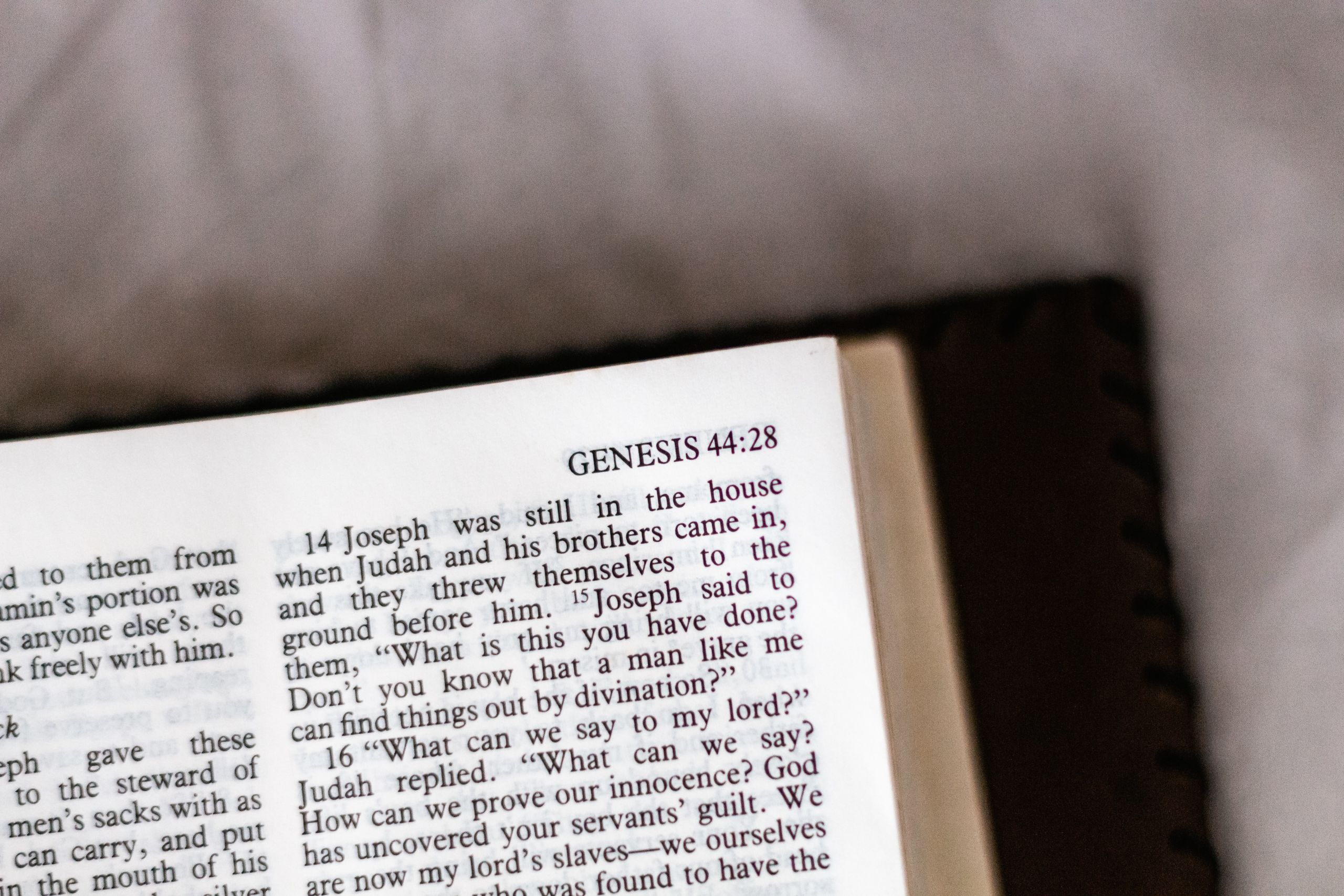
Photo by Sincerely Media on Unsplash
Photo by Sincerely Media on Unsplash
What can you do to support the movement?
The campaign is urging supporters to
write to their MPs calling for a full
legislative ban on gay conversion
therapy.
Over 24,000 people have written to
their MP in support of banning the
practice.
The BCT movement argues this practice harms those who are subjected to it, both physically and mentally, and that only a full legislative ban will solve the problem.


